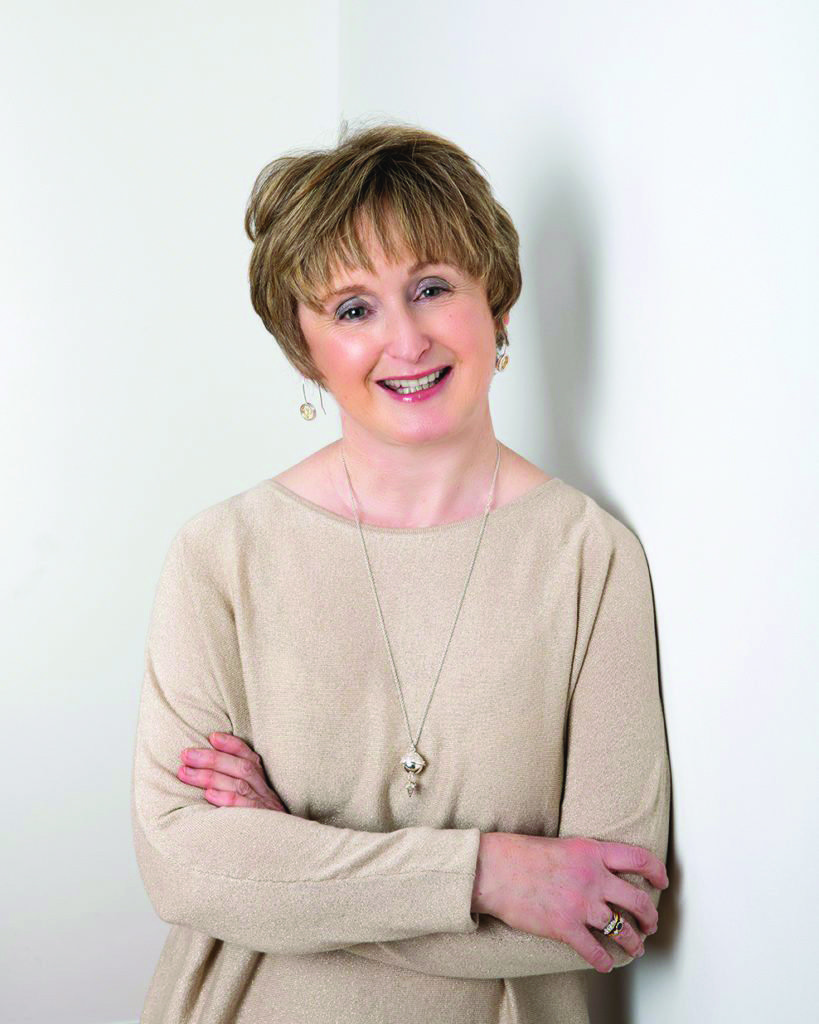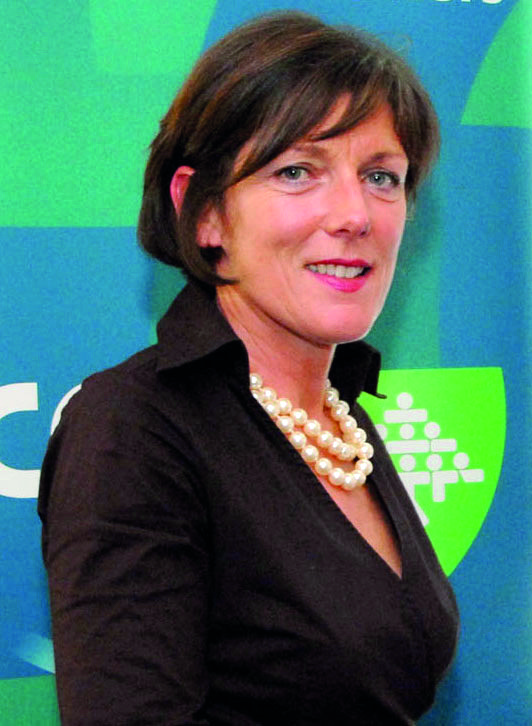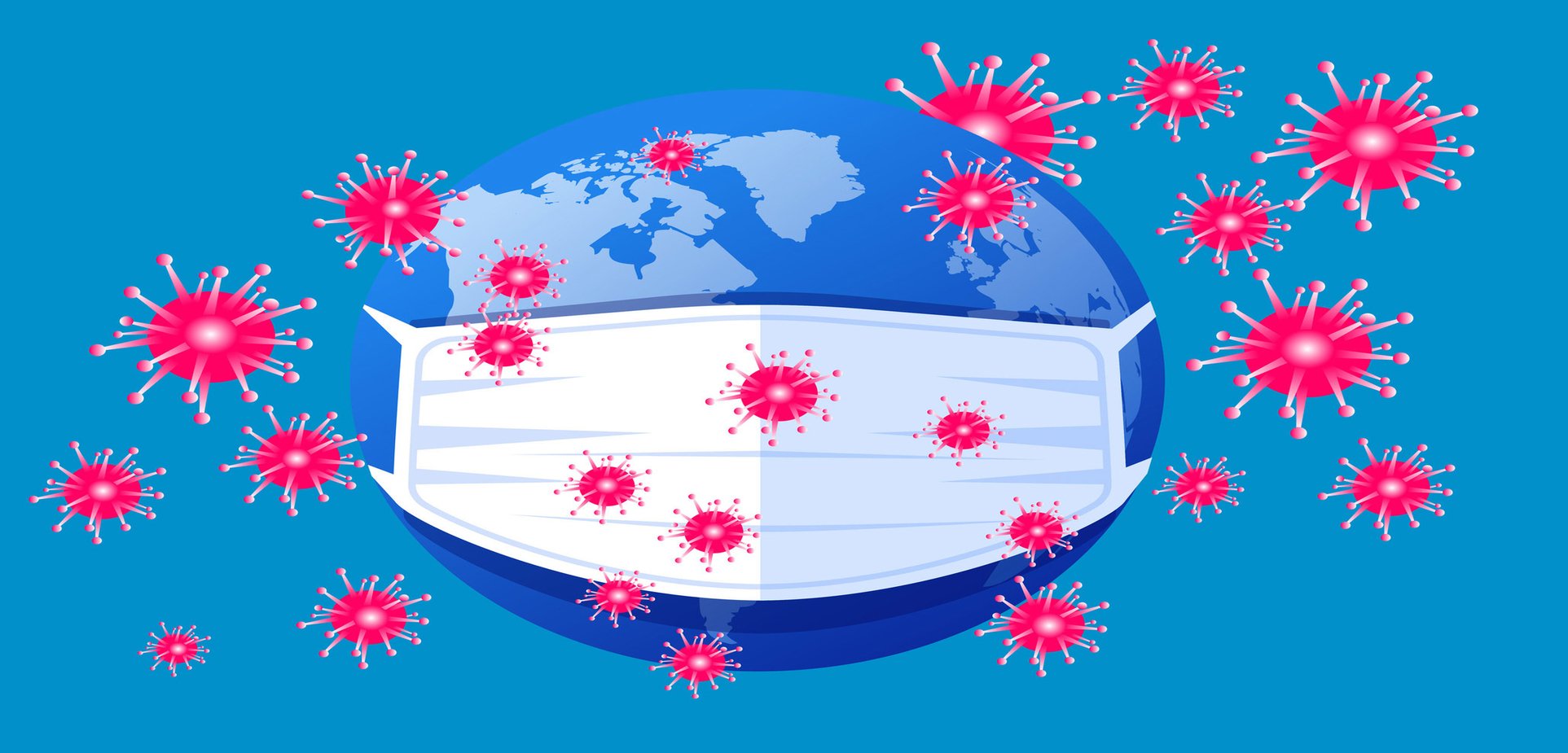The pressures that the Covid-19 pandemic is placing on the mental health of medical professionals are increasingly coming to light. Paul Mulholland reports on some of the wellbeing supports available to doctors at this critical time
The Medical Protection Society (MPS) recently published a survey of doctors in Ireland that made concerning reading. Over a third (34 per cent) of respondents said they had suffered verbal or physical abuse from patients, or patients’ relatives, during the Covid-19 pandemic. According to the survey, a further 7 per cent had experienced verbal or physical abuse from a member of the public outside of a medical setting.
Dr Pallavi Bradshaw, Medicolegal Lead, Risk Prevention at MPS, labelled the results “sad and deplorable”. The MPS survey was conducted due to concerns that members’ mental wellbeing has been deteriorating through the pandemic. The Society wanted to understand the sources of their anxiety. In the survey, two-in-five doctors in Ireland said their mental wellbeing was worse compared to the start of Covid-19 crisis.
According to Dr Bradshaw, the results highlighted the importance of mental health supports for medical professionals. “There are some good wellbeing resources available by a range of organisations in Ireland, but they can be hard to find,” Dr Bradshaw told the Medical Independent (MI).
“Information about these services could be consolidated into a centralised ‘one stop’ mental wellbeing resource so healthcare workers from both the HSE and private providers can access the support they need quickly and easily.”
‘Unacceptable’
One such service is the health and wellbeing department at the RCPI. Director of Health and Wellbeing at the College, Prof Gaye Cunnane, told MI that the abuse of doctors described in the MPS survey was “unacceptable”. “I have read the results of the recent Medical Protection survey but have not seen the original data.
However, on the results of this survey I would first say that abuse of any kind towards doctors or healthcare staff is always unacceptable. “Although our referral numbers [to the RCPI’s health and wellbeing department] have increased in recent months, we have not received one with any Covid-related issues of this kind.
“My advice to any doctor experiencing this kind of abuse, from any quarter, is that it should be reported, for example to a person’s line manager, team leader, clinical director or human resources. Immediate support in the aftermath of abuse is essential. We need to counter self-stigma where it occurs – abuse is never the fault of the person on the receiving end of it.”

Prof Cunnane said the results from the survey suggest that the public needs more information on how doctors manage patient care within the complexities of a pandemic, such as the increase in the number of teleconsultations.
She also stressed it is important that medical professionals know what supports are available to them. These include their GP, occupational health, the employee assistance programme, and the Medical Council’s health committee. In addition to the service provided by the RCPI, Prof Cunnane pointed to another health and wellbeing resource for medical professionals – the Practitioner Health Matters Programme (PHMP).
The Programme, which is provided independently from the HSE, offers confidential treatment services for health professionals who have mental health or addiction issues.
It is very isolating, very lonely, and you are expected to be at the top of your game when you go into work
The PHMP recently published its 2019 annual report (see panel), which revealed the extent of the problem of anxiety and burnout among health professionals even before the pandemic. Last year saw the highest number of presentations since the service was established in 2015.
Dr Íde Delargy, Medical Director for the PHMP, said that the numbers of health practitioners presenting to the Programme highlighted the pressures many health professionals are under and the need for a confidential service. She also said that the PHMP expected more presentations due to the increased mental health burden that Covid-19 had placed on practitioners.
‘Focused’
However, speaking to MI, Dr Delargy said that while there has been another steady increase in presentations in 2020, the PHMP has not experienced a ‘surge’ due to the pandemic, at least not yet. “We definitely believe that people are under unprecedented pressure and demand with the Covid situation,” she said.
“But what we believe is happening there is that people are completely focused on just getting through, getting the job done, giving 100 per cent to the task in hand. What we suspect is that when things settle down, when things die down, that’s when we will see maybe a surge in demand at that point.”

Dr Delargy also believes that the additional wellbeing supports put in place by the HSE and the training bodies, such as the RCPI, during the first wave of the pandemic could be a reason why the PHMP was not overwhelmed. “It could be that some practitioners took advantage of that. But we don’t know yet if that was the case,” she said.
“While we didn’t see a surge in our service during the pandemic, there was a quick response in terms of putting in support services from a range of other agencies.” Dr Delargy stressed the benefit of the PMHP is that it is a confidential service, and suitable for doctors who do not want other colleagues to know that they are having mental health or anxiety issues.
“It is strictly confidential and it is discreetly offered to individuals. And that does make a difference. While there are a range of other services out there, practitioners can feel uncomfortable about seeking out those services, and feel uncomfortable about who is going to know, who is going to find out.” The service has not been overly affected by the pandemic, with face-to-face as well as virtual consultations still taking place.
“We were able to stay open. We did have to change the location where we were delivering the service because one of our previous clinics was not allowing patients to attend. We continued to meet people where necessary face-to-face. It is particularly important in the initial assessment that we meet with them. But also supplementing that with virtual consultations, and virtual interventions.”
Isolation
Dr Delargy said she has “no doubt” that the verbal and physical abuse outlined in the MPS survey would impact upon the mental health of doctors. But she also said that medical professionals are suffering in the same way from social isolation, as a result of lockdown, as the rest of the population, with the demanding nature of their work increasing the psychological strain.
She said that younger doctors can be particularly vulnerable. “We have certainly seen cases where people are so disengaged from their family and support group,” according to Dr Delargy. “It is very isolating, very lonely, and you are expected to be at the top of your game when you go into work. Obviously everybody is experiencing the disruption in not being able to travel and move around as they once did, but I think there is extra pressure that is put on doctors and frontline workers in general.”
‘Is the answer to these issues more training in resilience?’
The Practitioner Health Matters Programme (PHMP), which provides confidential treatment services for health professionals who have mental health or addiction issues, dealt with 77 new cases in 2019, a 3 per cent increase on the previous year. In its fourth annual report, the PHMP reported that NCHDs, consultants and GPs made up 57 (or 74 per cent) of new referrals to the Programme, which is open to doctors, dentists and pharmacists.
Anxiety was the most common issue (34 per cent of all presentations) followed by burnout/stress (14 per cent) and depression (13 per cent). In terms of the profile of presentations since the Programme’s establishment, 191 have been doctors. Of these, most (136) have been between the ages of 25-49.
Some 44 have been between the ages of 50 and 65 and seven were over 65 years of age, with four being classified as unknown. More female doctors (110) have presented to service than male doctors (81). In its latest report, the Programme noted that doctors in particular are subject to an “extraordinary number of endurance tests”.
“Their training is long with frequent exams and intense competition for training posts. They have to be able to break bad news and then move on to the next patient with no time to de-brief. “They have to endure frequent changes, which include changing job, changing location, change of clinical team and negotiating different hospital systems.
They are often given new roles and responsibilities and have to rapidly adapt sometimes with only minimal induction. One of the overwhelming concerns is the long hours and lack of sleep. Is the answer to these issues more training in resilience?”
The report also outlines a number of anonymised case studies, where the intervention of the PHMP has helped a health professional. Speaking to the Medical Independent (MI), Dr Íde Delargy, Medical Director for the PHMP, said the Programme wanted to highlight the benefits of the service with these examples.
“People can do very well when they are offered a targeted service, and a service that has time for them, and can listen to them. And the power of just listening to somebody’s story and validating that, the symptoms that they are experiencing, and helping them to work through a plan to improve their symptoms and how they are struggling can be just so beneficial. The outcomes are very good.”
As a result of the increase in presentations, Dr Delargy said there are plans to recruit more clinicians to the service. In addition to Dr Delargy, who is a GP, the service also includes Consultant Psychiatrist Dr Justin Brophy, as well as a number of psychotherapists. “So each year, the numbers attending the service are increasing,” she told MI.
“I think that does create additional resourcing needs and we are certainly going to have a look at that in terms of bringing others on board to expand the service. “We believe now we need more clinicians on the frontline because I think, in terms of that initial assessment, identifying a treatment plan for each individual; we think the first port of call should be with the clinician and then onward referral as necessary from there.”












Leave a Reply
You must be logged in to post a comment.